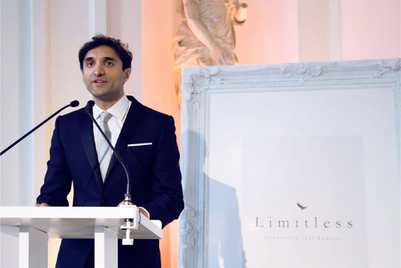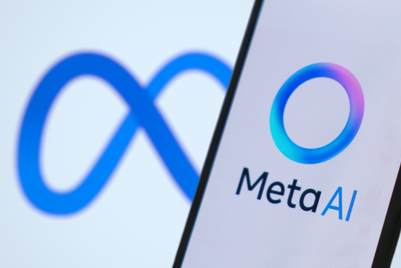
In an effort to position its Aroma Rich fabric softener as more than a commodity, Lion Corporation offered people a fragrant fan based on their personal style.
Developed by AKQA Tokyo, the campaign took place over four days in the summer and is an early manifestation of a broader plan to offer fully personalised softener products.
Targeting women in their 30s, the promotion first invited people to upload their photo to a website. A combination of technologies then analysed the colours of the clothing, determined their ratio, and transferred the information to form a representative design on a traditional fan.

Each colour also corresponded to a scent: prior to the campaign, Lion conducted blind tests with product users, asking them to name the colour they associated with a particular smell. The data was then aggregated and used to create units of fragrance that would later be combined according to the individual’s clothing colour ratio to create a unique scent, which could then be sprayed on the fan. Lion delivered kits containing the fan and spray to 500 selected participants.
According to Hideyuki Izumi, an associate creative director and creative technologist at AKQA, who led the project, around 10,000 people participated—twice the original target.
At the same time, the company offered the service in real-time at a venue in Tokyo’s upscale Omotesando district, for a period of six hours a day over four days. The event featured a Lion consultant who tweaked the scent according to the individual’s mood on the day. The fan and scent were produced in the space of seven minutes, with people waiting in line for up to two hours, according to Izumi. He said 1,500 people attended, and a total of 671 fans were produced, again more than twice the original target of 300.

Izumi was not able to point to sales as a result of the campaign, but said conversion was not the main point. Instead, Lion saw it as a learning experience as well as a branding exercise. A more conversion-oriented follow-up is in the works, Izumi said. He said the data collected as a result of the campaign would help Lion in developing personalised versions of its core softener product.
He said he saw personalisation as a growing trend. “All industries struggle to achieve differentiation when their products are commodities,” he said. “That’s why every client now wants to make some sort of personalised experience. If we can deliver a personalised product, we can keep the audience and create more fans of the brand. Because there’s no data to make a personalised perfume, we needed to gather data we can trust.”
Izumi said one of the most challenging aspects was making the customised printing machine to produce the fans. While AKQA built it, he said Lion owned the IP. To drive awareness of the initiative, Lion ran a single outdoor ad in Omotesando and worked with six citizen Instagram influencers.
The presence of premium international softener brands such as P&G’s Downy has made the sector more competitive, leading Japanese producers to put more emphasis on distinctive, lasting fragrance. Lion has previously encouraged consumers to mix its products at a ratio of 3:1 in order to achieve their preferred fragrance.
Lion “has bold ambitions of delivering a highly personalised softener solution”, Izumi said. “The journey to get there is a question of how we collect more data and learn to leverage different technologies.”



.jpg&h=334&w=500&q=100&v=20250320&c=1)




.jpg&h=334&w=500&q=100&v=20250320&c=1)




.jpg&h=268&w=401&q=100&v=20250320&c=1)


.png&h=268&w=401&q=100&v=20250320&c=1)
.jpg&h=268&w=401&q=100&v=20250320&c=1)
.png&h=268&w=401&q=100&v=20250320&c=1)
